Achieving health equity for women and girls
Big Issues
SESSION RECORDING
There is a lot of work that still needs to be done to support the health and wellbeing of women and girls, in both low- and high-income countries. All discussions in this session emphasised the importance of data collection to have a strong knowledge foundation for what is happening particularly to women and girls, and be able to identify ways to respond to that in a local, contextually appropriate manner. There are many common health issues that women face which do not have the knowledge or research around how they may specifically affect women (e.g. heart attacks or strokes), or how they may interact with other conditions. It is critical to generate and share this knowledge to further empower women, give them more control over their health and decision-making, and have their voices heard at all levels to develop better suited programs.
SESSION SUMMARY
Jane Fisher
Director, Global and Women’s Health, School of Public Health and Preventive Medicine, Monash University, Australia
SESSION MODERATOR
Ged Kearney
Assistant Minister for Health and Aged Care, Australian Government
Titilola Duro-Aina
Pacific Chief of Health, United Nations Population Fund
Caroline Homer
Deputy Director (Equity, Diversity and Inclusion), and Co-Head, Global Women’s and Newborn Health, Burnet Institute, Australia
Susan Davis
Head, Women’s Health Research Program, Monash University, Australia
Cheryl Carcel
Head, Brain Health Program, The George Institute for Global Health, Australia
INVITED SPEAKERS

